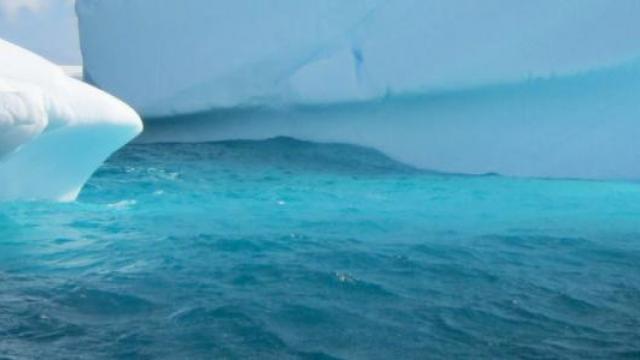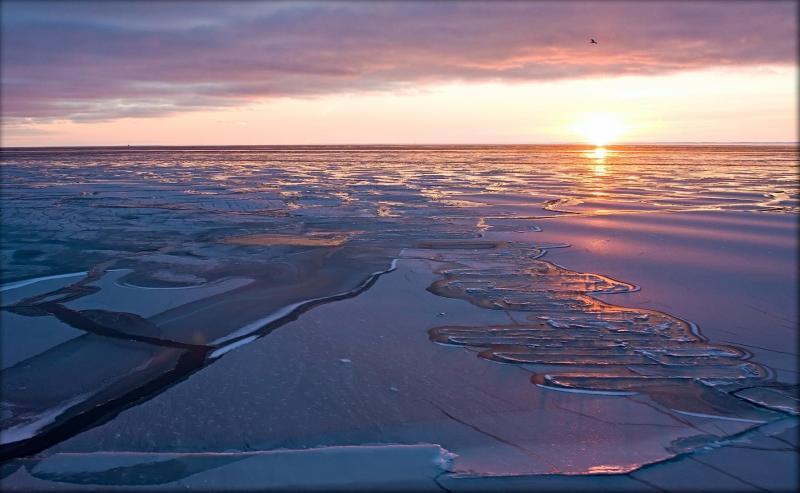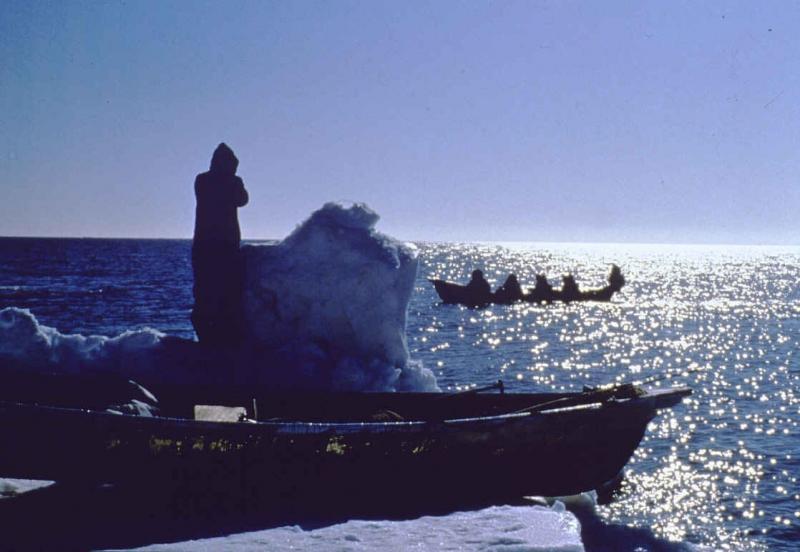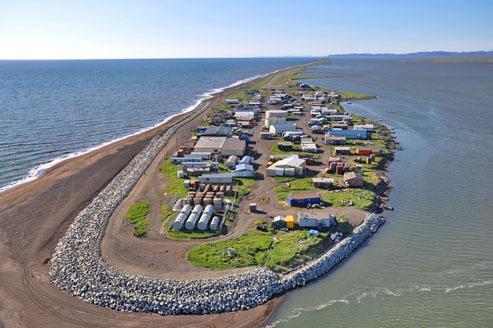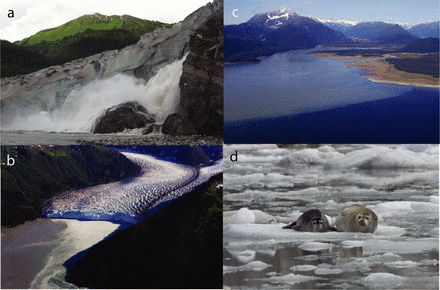Arctic change is important to global society not only because of its impacts within the Arctic, but also because of the role of the Arctic in the climate of the entire Earth. The climate and the ocean circulation in all parts of the globe are affected by the temperature and pressure gradients between the poles and the equator. These temperature and pressure gradients are becoming weaker because the Arctic is warming faster than lower latitudes. The resulting changes in climate and weather will affect people everywhere.
Understanding change is the first step toward understanding and building Arctic resilience and reducing its vulnerability to climate change. Systems are resilient when system responses counteract changes that would otherwise have occurred—in other words, when there are stabilizing feedbacks. For example, if society were to adapt to climate warming by reducing fossil fuel emissions, this would reduce the rate of climate warming. Similarly, if Arctic peoples adapt to declining opportunities to hunt ice-dependent marine mammals by diversifying their food sources, this could stabilize their food supply. In ecological systems, a shift from coniferous to deciduous forests would replace flammable coniferous trees with less flammable deciduous ones, which counteracts the effect of rising temperature and drying soils on fire frequency and extent.
